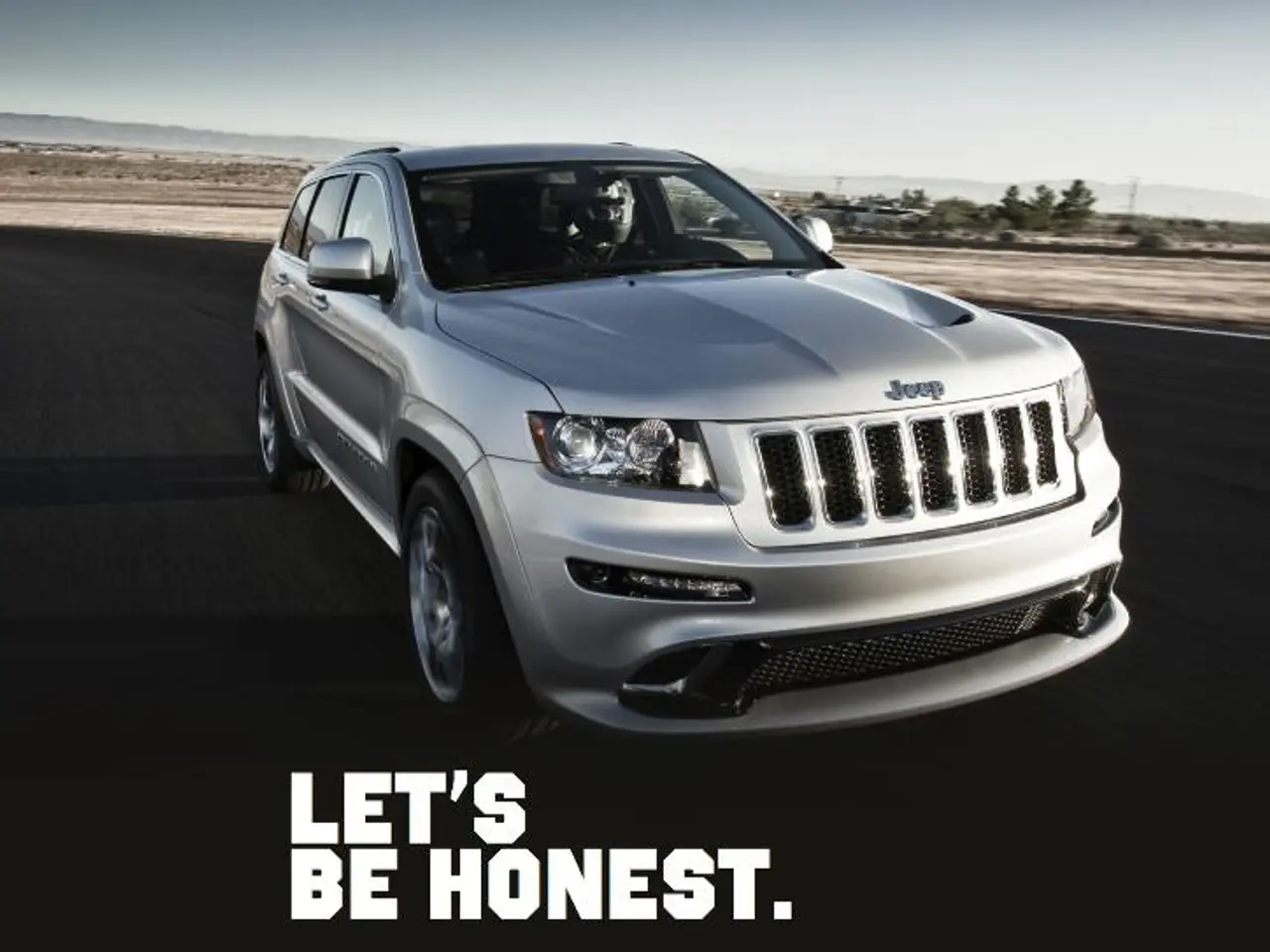Volkswagen takes drastic action
In the year 2021, both Volkswagen and Porsche faced a series of challenges that negatively impacted their profitability. These headwinds, including US tariffs, a slowdown in China, and a stagnant global economy, have been affecting the automotive industry for several years.
For Porsche, the impact of these factors was particularly evident. The imposition of US tariffs under the Trump administration led to a significant increase in costs. To offset these effects, Porsche spent substantial sums offering price protection to customers in the US. The slowdown in luxury car demand in China, a critical market for Porsche, resulted in a steep fall in sales and profits. Additionally, lower than expected demand for electric vehicles put pressure on Porsche’s supply chain and profits.
In 2025, Porsche's operating profit fell by about 67% over the previous comparable period, reflecting these combined impacts. Revenue decreased by roughly 6.7% while deliveries only dropped slightly, causing the return on sales to plummet to just 5.5%.
Volkswagen Group, the parent company of both brands, also felt the brunt of these challenges. China and the Asia-Pacific region are major markets for Volkswagen, accounting for a significant share of sales. The slowdown in China amid global economic stagnation affected Volkswagen’s overall revenue growth and profitability as well, since the Chinese market is critical to their volume and profit.
Though exact 2021 profit data broken down by brand isn't detailed in the search results, Volkswagen’s overall revenue was growing prior to 2024, but tariffs and global trade uncertainties would have curtailed stronger profit growth during 2021 and possibly resulted in margin pressures.
In summary, these headwinds combined to reduce profitability and force revisions to forecasts at least by 2025, reflecting continuing challenges that emerged starting several years before. The parent company of VW and Porsche, Porsche SE, is lowering its annual profit target due to these challenges.
At the halfway point of 2021, Porsche SE's net debt stood at 4.9 billion euros, down from 5.2 billion at the start of the year. The net profit of Porsche SE, when considering changes in the valuation of shares, fell from 2.1 billion to 0.3 billion euros. Porsche SE aims to keep its net debt within a corridor of 4.9 billion to 5.4 billion euros by the end of the year. The revised profit target for Porsche SE ranges between 1.6 billion and 3.6 billion euros, down from the previous target of 2.4 billion to 4.4 billion euros.
These challenges are not unique to Porsche SE and are affecting the entire automotive industry. The situation is expected to persist, and companies like Volkswagen and Porsche will need to navigate these headwinds to maintain profitability and growth.
- To manage the increased costs due to US tariffs and protect sales in the US market, Porsche, an automotive company, provided price protection to its customers.
- The slowdown in luxury car demand in China and lower-than-expected demand for electric vehicles have severely impacted Porsche's revenue and profit, indicative of the broader challenges facing the transportation and finance sectors, particularly the automotive industry.




